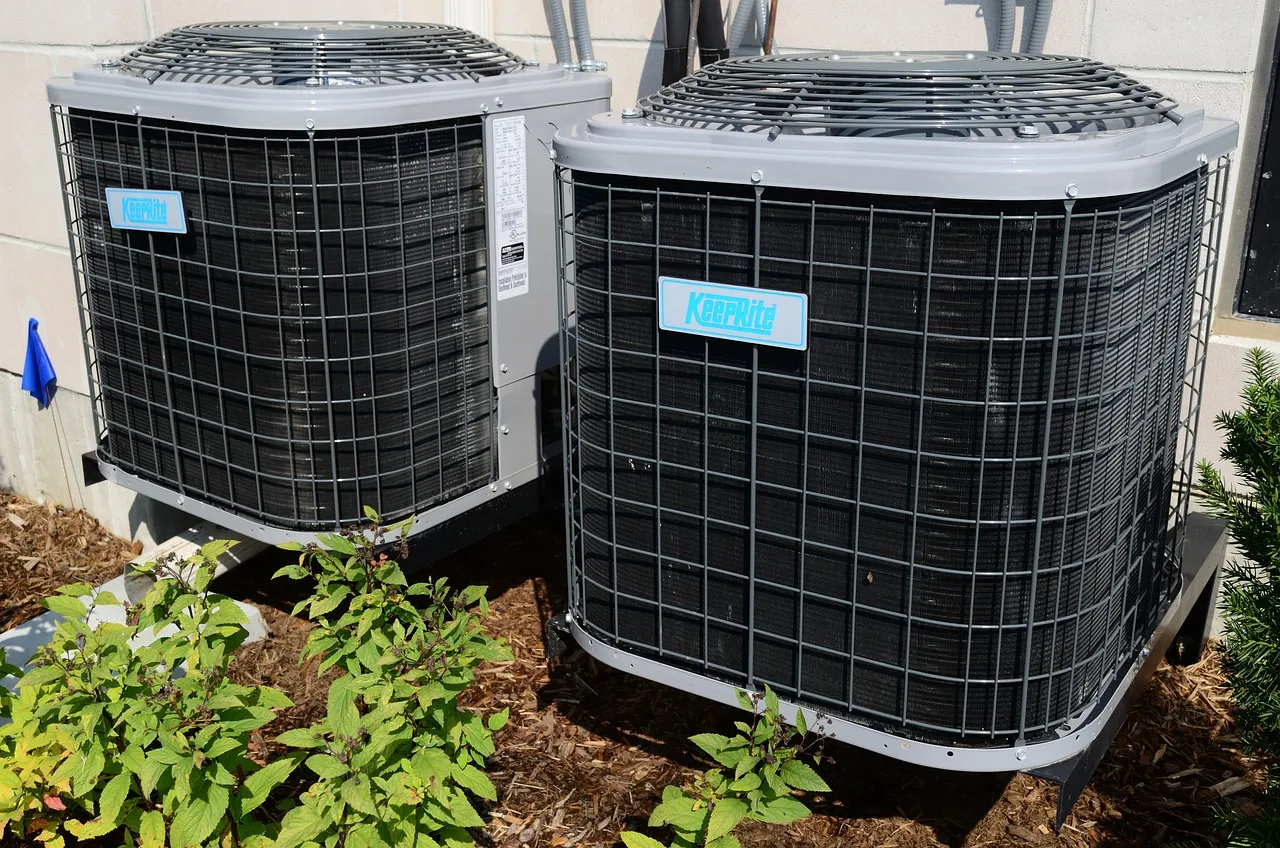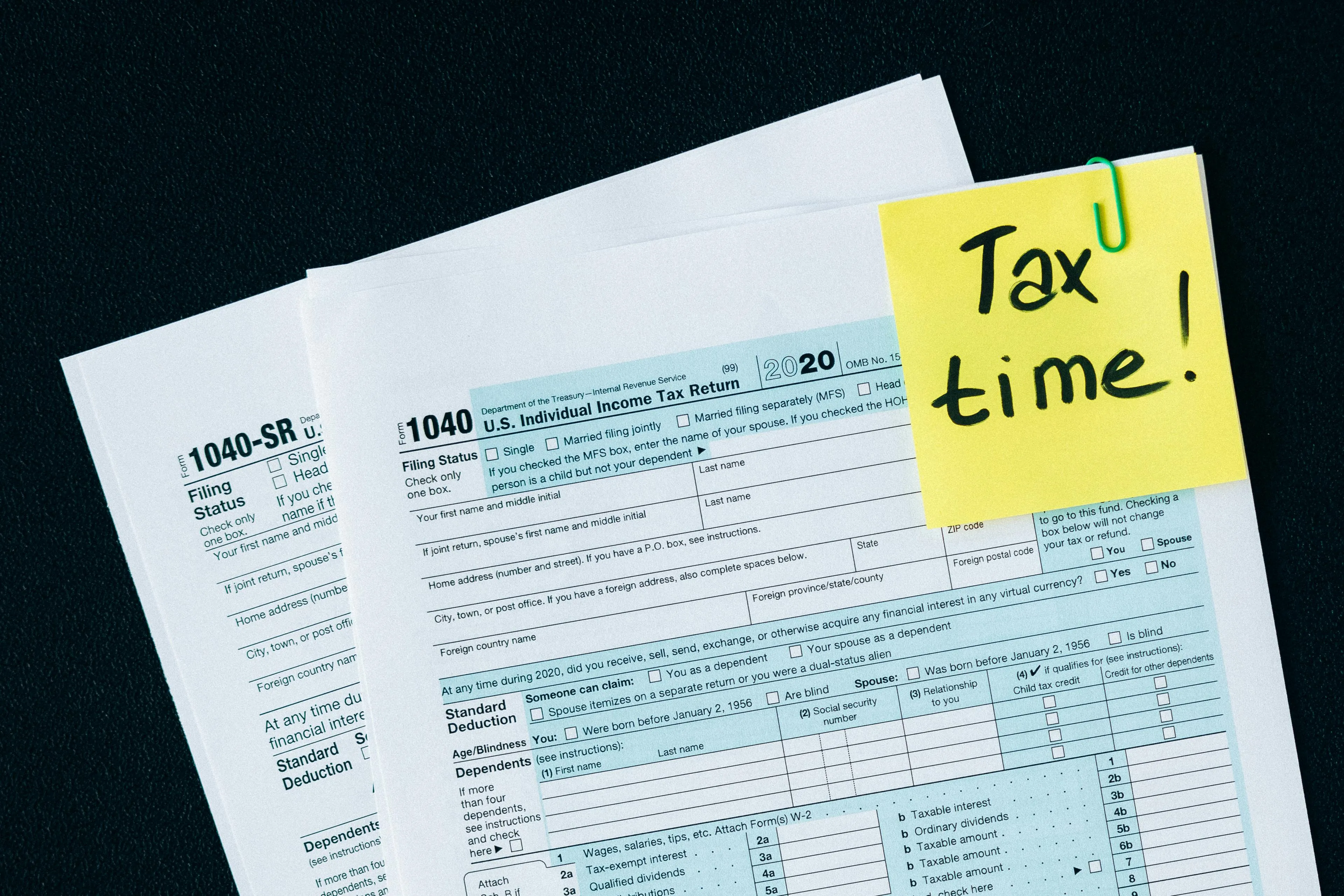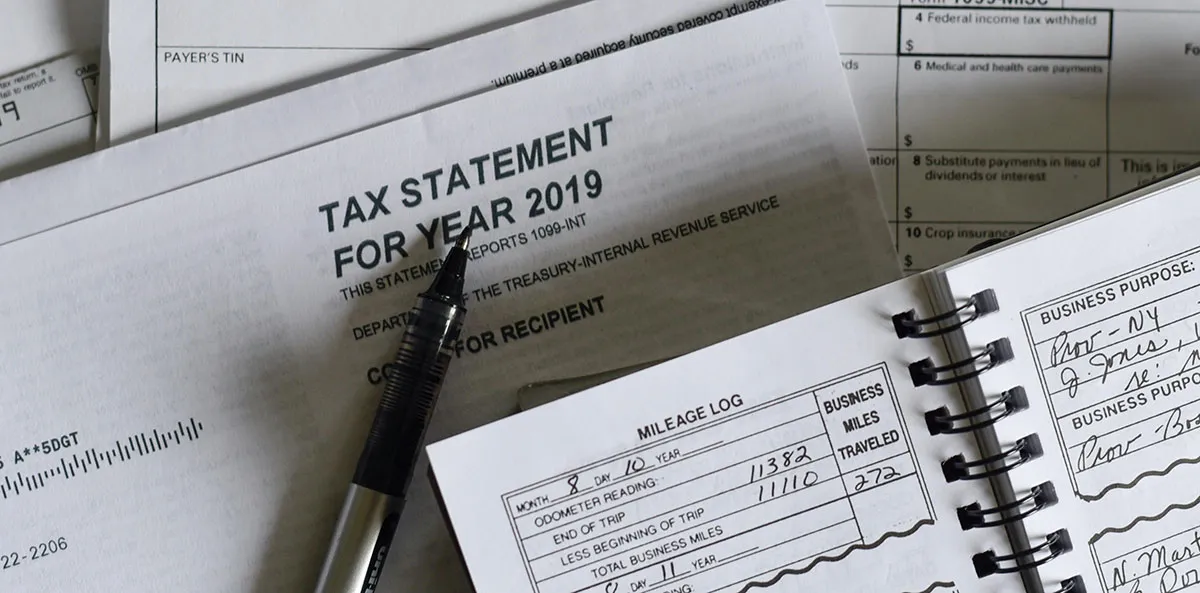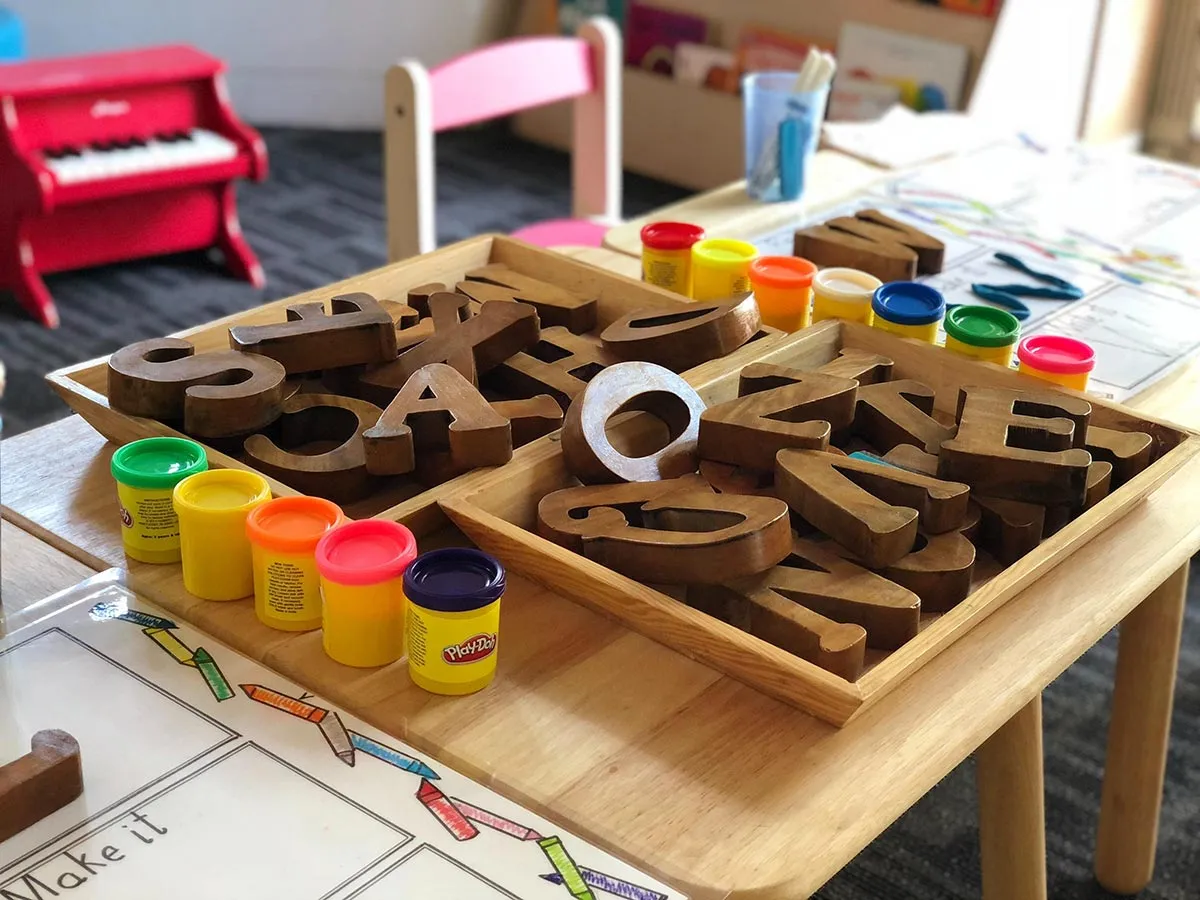Home Energy Tax Credits to be Aware of for Major Home Upgrades

Image by ElasticComputeFarm from Pixabay
Furnaces and water heaters always seem to break in the winter, and air conditioners always seem to lose their cool in the middle of summer. I guess that makes sense since that is when these appliances are getting their heaviest use, but a lack of hot water or climate control can send the modern house into immediate chaos.
While not much can take the sting out of a hefty bill for a new water heater or an even bigger bill for a new HVAC unit, the government can help offset costs. The Inflation Reduction Act of 2022 created some nice tax credits for energy-efficient home upgrades, clean energy upgrades, and even clean vehicle credits. It's easy to forget about this when you are panic shopping for a new air conditioner in August. So, let's familiarize ourselves with these credits now so we don't forget about them or see if we can get lucky and claim a credit for a unit we purchased in a previous year.
Two kinds of home improvement credits
The Inflation Reduction Act of 2022 carved out two specific credits.
- The Energy Efficient Home Improvement Credit, and
- The Residential Clean Energy Credit
Both involve energy credits, which reward homeowners for buying certain energy-saving upgrades that meet specific criteria set forth by the IRS and the Department of Energy (DOE). Let's learn a little more about each of these valuable credits.
Do as I Say, Not as I Do - A Story of Missed Opportunity
Don't be like me. In September 2023, our air conditioner went out. I'm not sure what the temperature is in September in your neck of the woods, but in September in Florida, you'll definitely notice when the A/C goes out. So we did what any rational family would do: panic, put everything else on hold, and raced to find a company to install a new system as soon as they could.
At the time, I was happy to get a new unit that would perform better than the builder-installed unit that only lasted a measly 8 years (they sure don't build 'em like they used to). But I had totally forgotten about the energy credits, which were still pretty new at the time.
When tax time rolled around, I figured, "No problem. " Surely, my new unit was energy efficient, and it would be an easy $2,000 tax credit for me. Well, it was energy efficient but not up to the standard required by the IRS and the DOE. In fact, it was just shy of the required rating. No tax credit for me. Moral of the story: As you make purchase decisions, check whether your unit qualifies first at this website from the Department of Energy.
Energy Efficient Home Improvement Credit
The Energy Efficient Home Improvement Credit provides the ability for homeowners to receive a non-refundable tax credit for certain qualified upgrades:
- Energy-efficient doors, windows, and skylights
- Insulation and air sealing projects
- A home energy audit
- Central air conditioners
- Natural gas, propane, or oil water heaters
- Natural gas, propane, or oil furnaces and boilers
- Electric or natural gas heat pumps and heat pump water heaters
- Biomass stoves and boilers
For these various upgrades, you are generally allowed to receive a credit of 30% of the cost up to certain maximum dollar caps. For example, as of 2025, the maximum dollar value of the credit for central air, water heaters, or furnaces is $600. You also have an annual dollar cap in 2025 of $1,200 with a couple of exceptions (see heat pumps below). Initially, this was a lifetime maximum, but in 2023, this was changed to an annual limit.
Heat pumps, heat pump water heaters, and biomass boilers.
In the southeast, where I live, heat pumps are extremely common as an all-in-one air heating and cooling solution. They aren't cheap, but they also qualify for an even larger tax credit. For 2025, these appliances qualify for a 30% tax credit up to $2,000, in addition to the $1,200 max for other upgrades.
The right equipment
As mentioned in my sad story about missing out on this tax credit myself, you have to make sure you invest in equipment the government is willing to give you a tax credit for. The equipment must:
Note that doors and windows, insulation systems, and energy audits have their own requirements, so check with the IRS and the Department of Energy to verify before purchasing. As it stands now, the credit will go away in 2033. As a "non-refundable" credit, you can not offset more than your actual tax liability, but any unused credits can be applied to future tax years.
The Residential Clean Energy Credit
Thinking green for your home improvement? The Residential Clean Energy Credit, as the name implies, offers credits for various clean energy. That means this credit applies to things like:
- Solar electric panels
- Solar water heaters
- Wind turbines
- Geothermal heat pumps
- Fuel cells
- Battery storage technology (beginning in 2023)
Like the Energy Efficient Home Improvement Credit, clean energy improvements get a 30% credit. In this case, though, there is no annual maximum or lifetime limit, so you can earn substantial tax credits. Once again, it is a non-refundable credit, so keep good records in case you have to carry forward any tax credits to future tax years. This credit is also set to expire, with 2034 being the last year you can put property into service under the current law. More information on ensuring your clean energy equipment is eligible can be found here.
How to claim the credit
Of course, if you don't tell the IRS you bought the property, you won't receive that sweet tax credit.
- Hang on to all documentation - what you installed, when it was installed, receipts, etc.
- Ensure you communicate your purchase with your accountant - they can't report what you don't tell them.
- If you're doing your taxes yourself, make sure the purchase is documented in your tax software and that IRS Form 5695 is completed to claim the credit (and consider getting an accountant).
- If you couldn't claim the full credit in one tax year and are carrying forward additional credit, ensure that information is retained somewhere to communicate that fact with your accountant, or remember to claim that carry-forward credit yourself in future tax years.
So when that water heater, or air conditioner goes kaput (they sure don't make 'em like they used to), Step 1: Panic! But then Step 2 can be: Remember There Are Tax Credits for This Kind of Thing, if you buy the right equipment.
Please note: Create Wealth Financial Planning is not a tax preparation firm, and Jeff McDermott is not a licensed tax professional. The blog above and the tax document checklist are presented for informational purposes only; please ensure any tax preparation questions are addressed with your CPA or licensed tax preparer.



